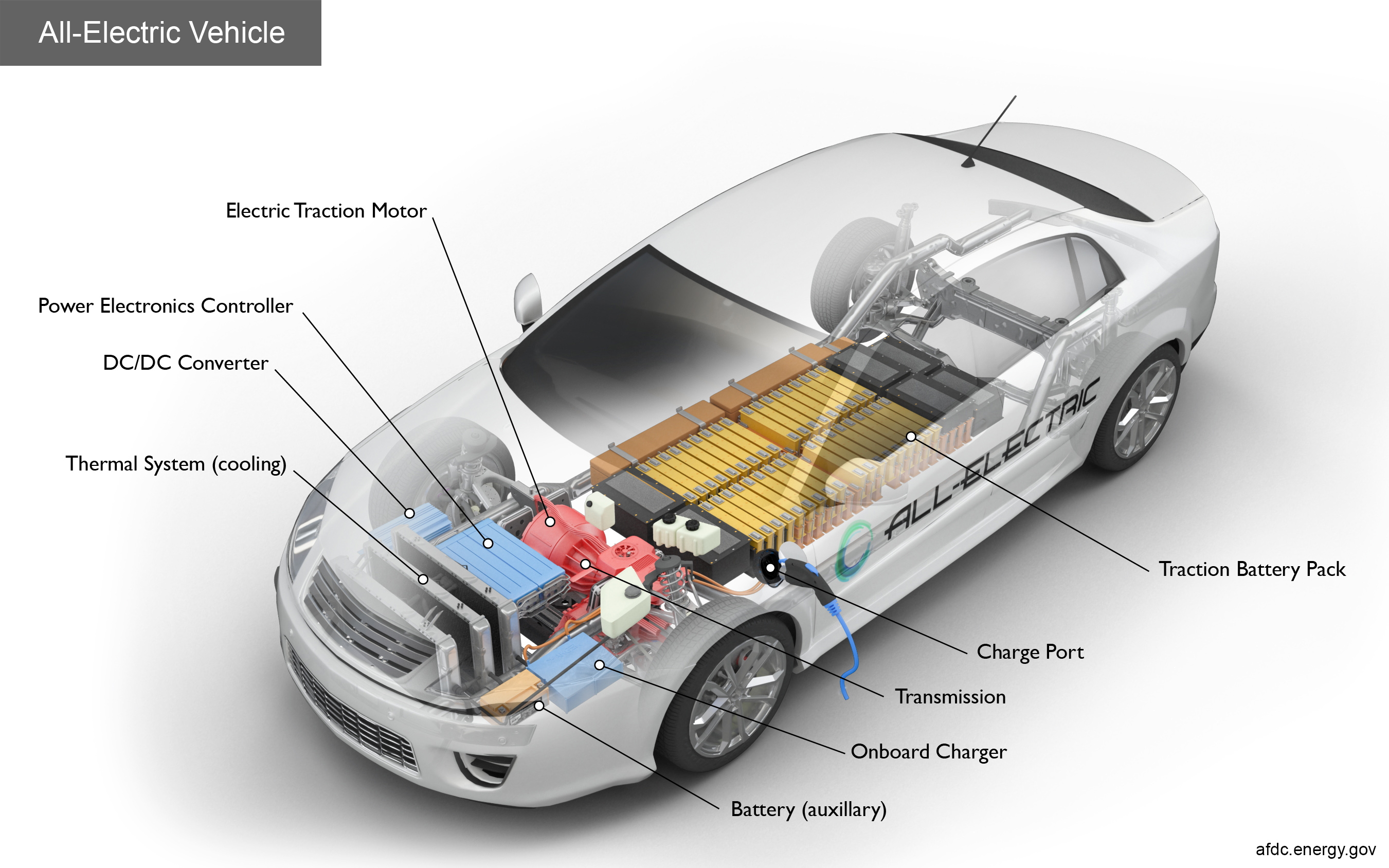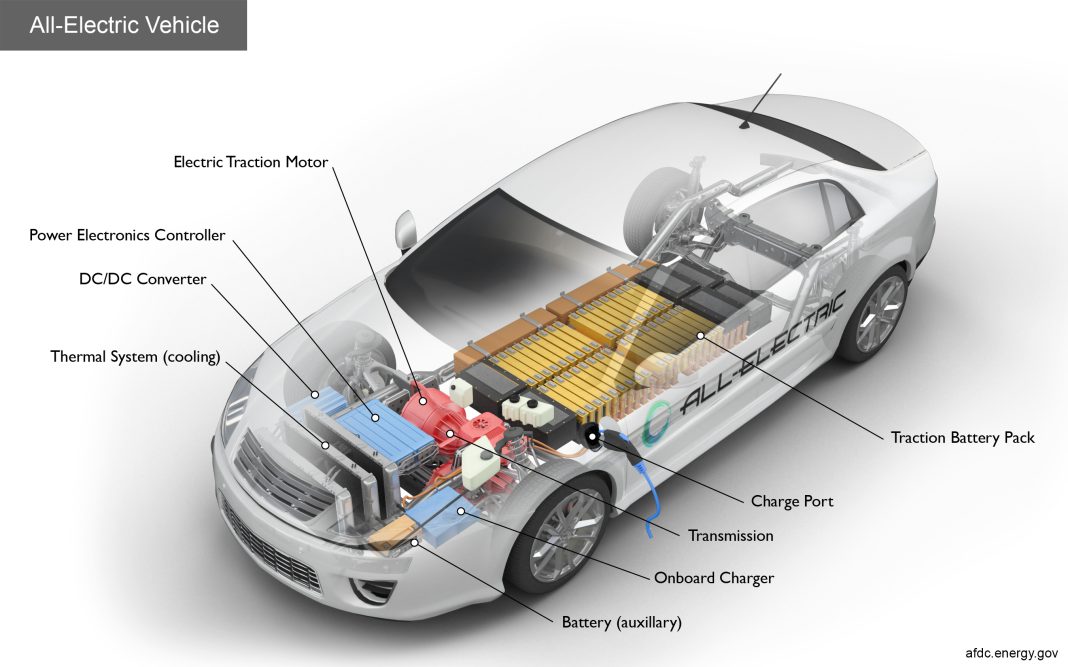 Title: Exploring the Concerns Surrounding Electric Vehicle Batteries and Safety
Title: Exploring the Concerns Surrounding Electric Vehicle Batteries and Safety
1. The Mercedes-Benz Electric Car Fire Incident Raises Safety Concerns
– On August 1, a Mercedes-Benz electric car caught fire in an underground parking lot, leading to a large fire that damaged numerous vehicles and a building.
– Mercedes-Benz Korea identified Farasis Energy, a Chinese manufacturer, as the battery supplier for the model EQE 350 involved in the incident.
2. Quality Issues with Chinese EV Batteries and Safety Risks
– Farasis Energy’s batteries have previously been associated with fire risks, as evidenced by a 2021 recall of 32,000 electric vehicles by China’s BAIC Group.
– Chinese media and social media platforms have documented several instances of Chinese EVs catching fire, raising concerns about overall battery quality.
– Taiwanese economist Huang Shicong highlights that poor quality often leads to explosions or fires in EV batteries.
3. Understanding the Thermal Runaway Effect and its Implications
– Lithium-ion batteries used in EVs can burn at higher temperatures than conventional gasoline-powered vehicles due to the battery’s thermal runaway effect.
– This chain reaction within battery cells makes it challenging to extinguish fires in EVs.
4. Global Car Manufacturers’ Reliance on Chinese Batteries
– Many car manufacturers, including Tesla, use Chinese batteries as a cost-saving measure.
– However, the quality of EV batteries from different Chinese manufacturers can vary significantly, according to Assistant Professor Chu Yueh-chung.
5. Addressing Public Concerns and Ensuring EV Safety
– South Korea intends to ask automakers to voluntarily disclose battery information for EVs and plans to introduce comprehensive electric vehicle safety measures.
– The European Union has already passed a regulation mandating a “battery passport” for EVs, which will provide detailed information about manufacturers and materials starting in 2027.
– Chu Yueh-chung emphasizes that car manufacturers should take responsibility for quality control and supply chain management to protect their reputation and brand.
In conclusion, the recent incident involving a Mercedes-Benz electric car fire highlights the safety concerns surrounding EV batteries. Chinese manufacturers, such as Farasis Energy, have faced previous recalls and reports of fire risks. The thermal runaway effect in EV batteries poses challenges in extinguishing fires. While global car manufacturers rely on Chinese batteries to reduce costs, the quality can vary significantly. To address public concerns and ensure EV safety, governments are implementing regulations, such as the EU’s “battery passport,” and urging automakers to actively disclose battery information. However, the responsibility ultimately lies with car manufacturers to maintain quality control and oversee their supply chains.


